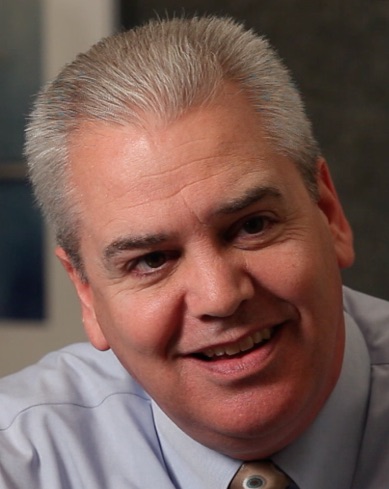Innovations in Clinical Assessment and Treatment of Suicidal Risk
Spring Workshop 2016
Friday, April 22, 2016
Holiday Inn Winnipeg Airport Polo Park
(1740 Ellice Ave)


David A. Jobes
Presenter
David A. Jobes, Ph.D., ABPP, is a Professor of Psychology and Associate Director of Clinical Training at The Catholic University of America; he is an Adjunct Professor of Psychiatry, School of Medicine, at Uniformed Services University of the Health Sciences. He has published five books and numerous peer-reviewed journal articles. Dr. Jobes is a past President of the American Association of Suicidology (AAS) and he is the recipient of various awards for his scientific work including the 1995 AAS “Shneidman Award” (early career contribution to suicidology), the 2012 AAS “Dublin Award” (for career contributions in suicidology), and the 2016 AAS “Linehan Award” (for suicide treatment research). He has been a consultant to the Centers for Disease Control and Prevention, the Institute of Medicine of the National Academy of Sciences, the FBI, the Department of Defense, and Veterans Affairs. Dr. Jobes is member of the Scientific Council and the Public Policy Council of the American Foundation for Suicide Prevention (AFSP). He is a Fellow of the American Psychological Association and is Board certified in clinical psychology (American Board of Professional Psychology). Dr. Jobes maintains a private clinical and forensic practice at the Washington Psychological Center.
synopsis
The field of clinical suicidology is growing exponentially with innovations in both assessments and treatments of suicidal states. While there are traditional approaches using clinical interviews and suicide risk assessment tools, there are also breakthroughs in indirect assessments and the use of technology to understand the activation of acute suicidal states. The literature on effective treatments for suicidal risk is remarkably limited but a handful of psychological treatments have replicated empirical support. There is an increased interest in brief interventions and care transition models that emphasize the notion of stepped care (i.e., different doses and intensities of suicide-specific care and different treatment settings). As we move toward the future of clinical suicide prevention there will be an increased focus on suicide-specific, evidence-based, least restrictive, and cost-effective care for suicidal patients across a range of clinical settings.
learning objectives
Course Schedule
8:00 – Registration & Breakfast
9:00 – Workshop begins
10:30 – Break
12:00 – Luncheon (served on-site)
13:00 – Workshop continues
14:30 – Break
16:00 – Concluding remarks
